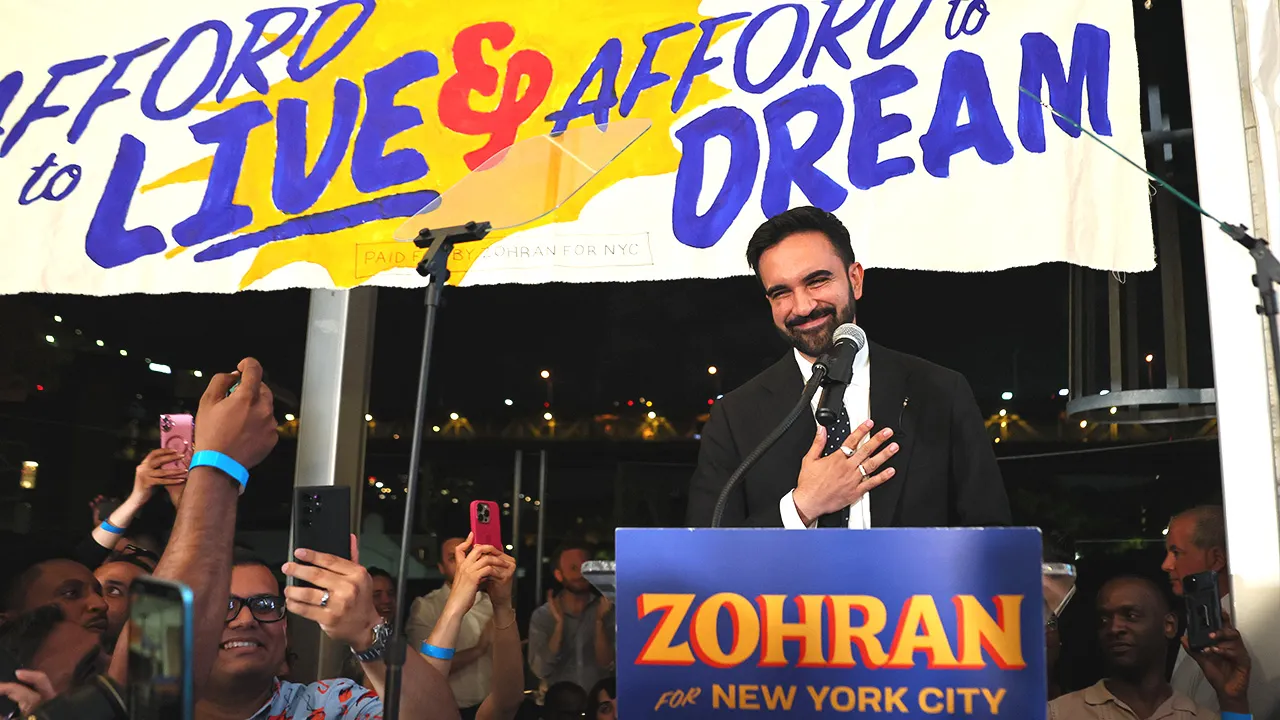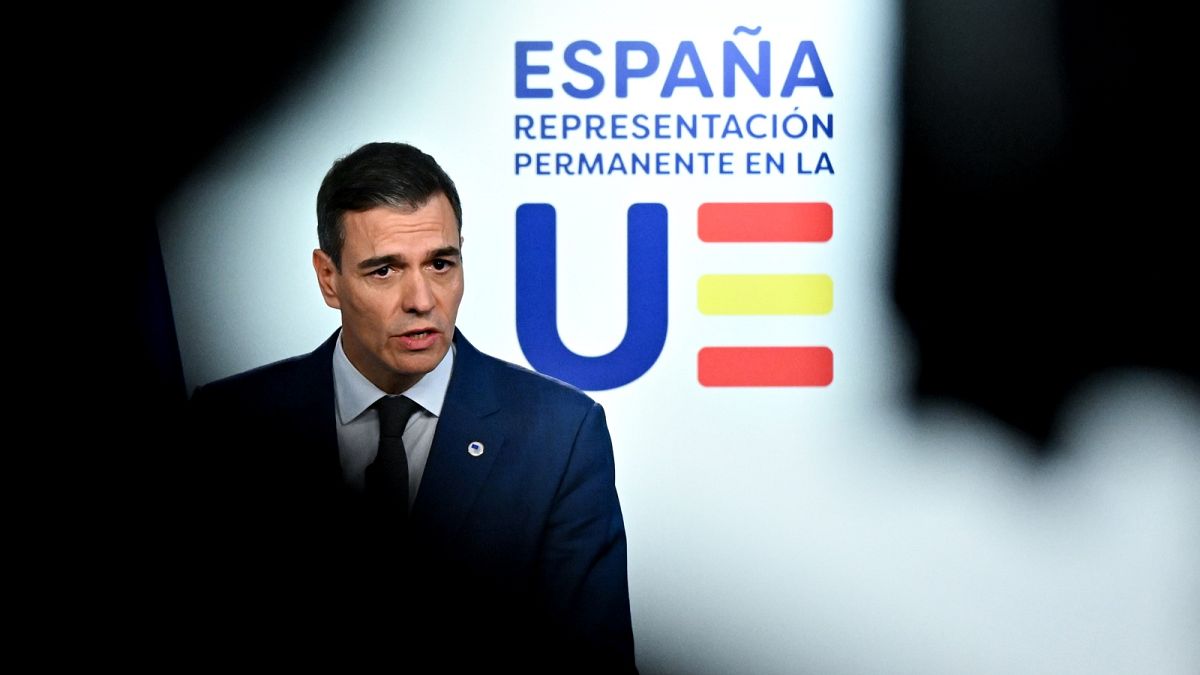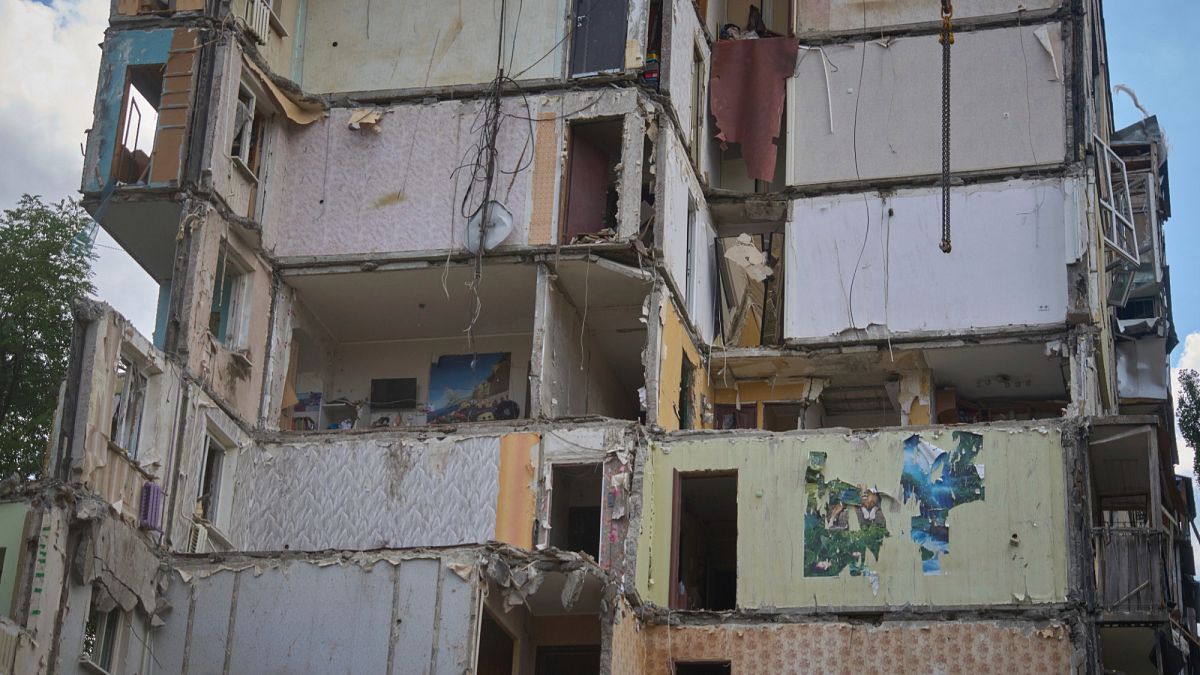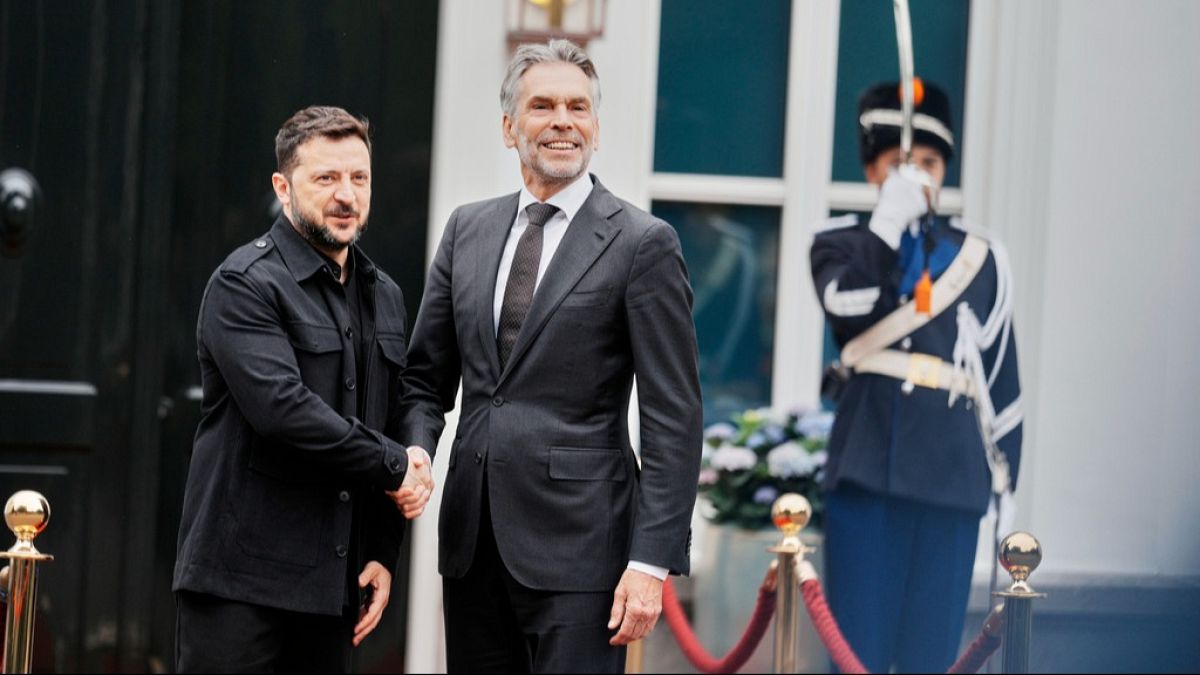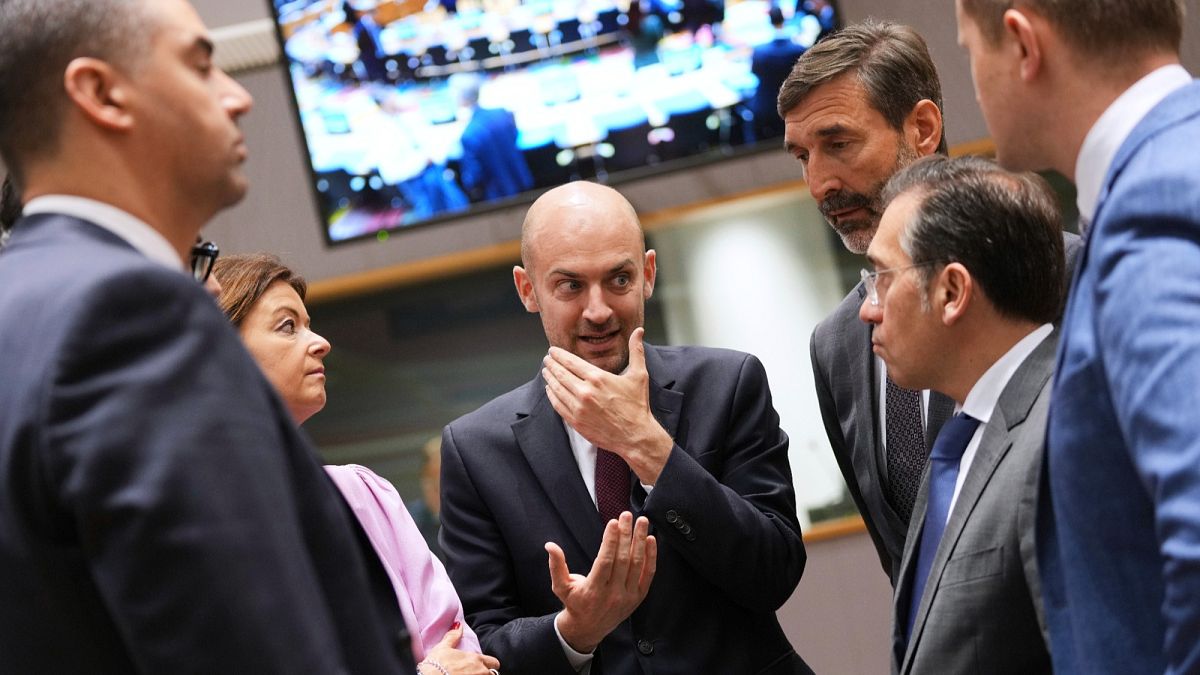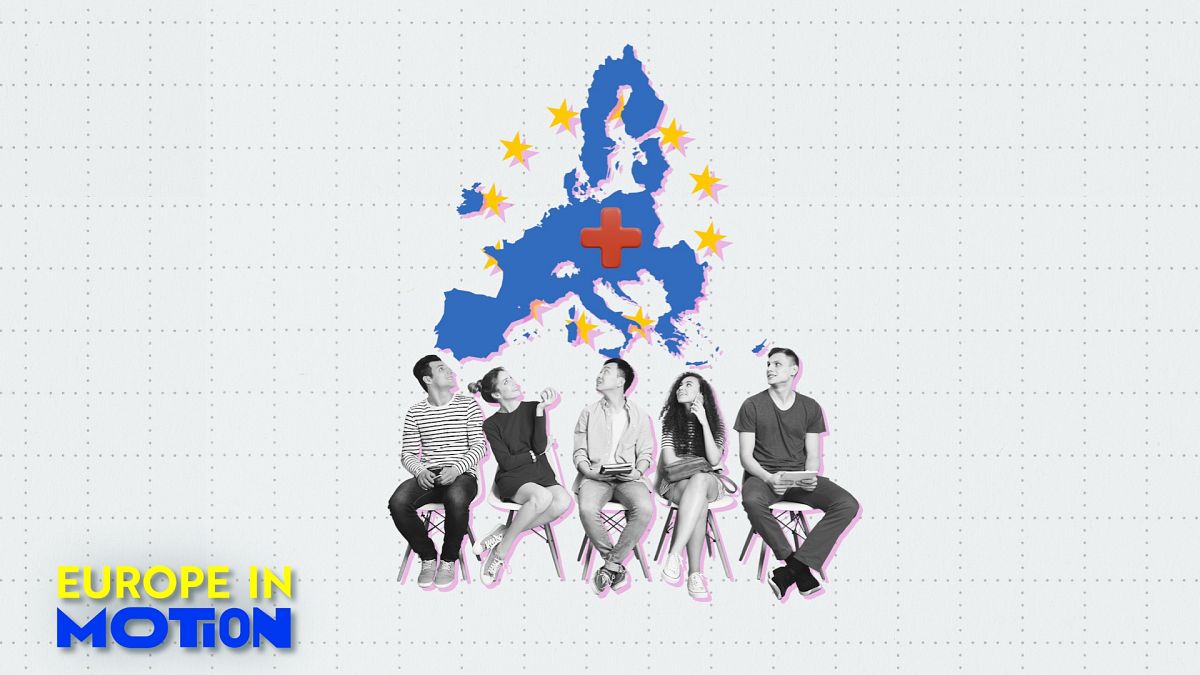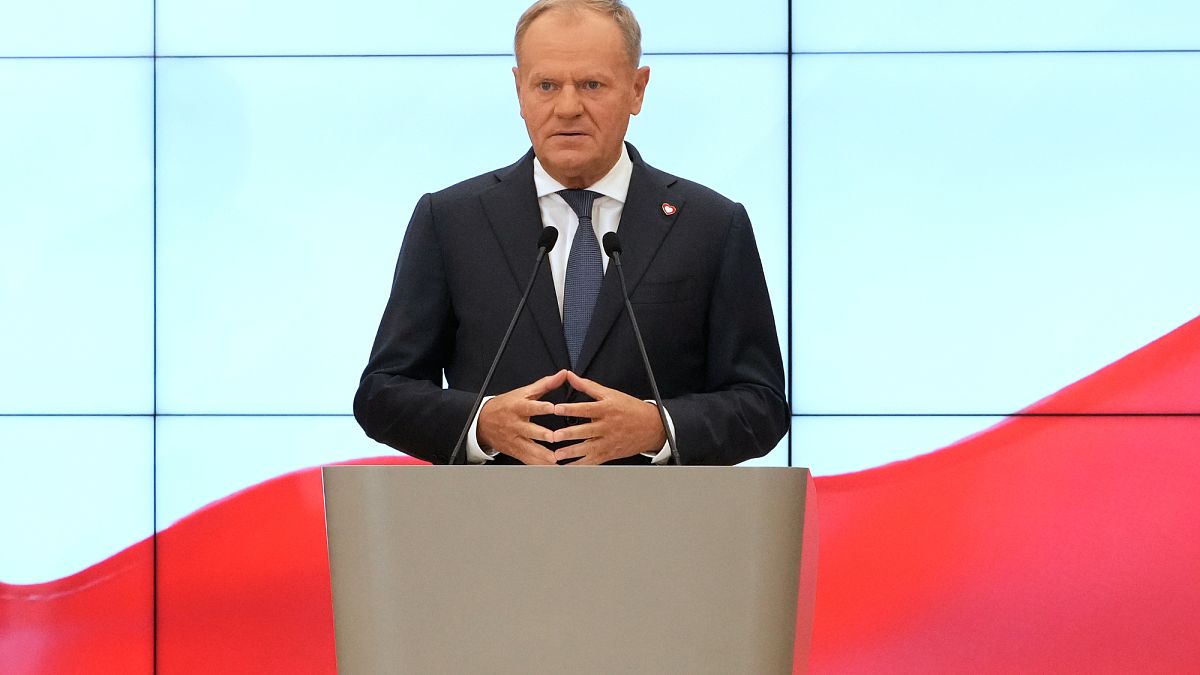Spain has failed to obtain the necessary unanimity to elevate Catalan, Galician and Basque into official languages of the European Union, as several member states raised concerns over the administrative and legal implications of such an unprecedented move.
The result materialised during a meeting of EU affairs ministers on Tuesday, where the issue was scheduled to be put to a formal vote. As the debate progressed, it became evident that the reservations in the room were enough to prevent consensus.
“There was a large number of countries willing to support (the request), but there was a minority who asked for more time, and we decided to grant it,” said Pilar Alegría, the chief spokesperson of the central government in Madrid.
“We’re going to continue working and discussing.”
The request dates back to 2023, when Prime Minister Pedro Sánchez secured the support of Catalan separatist lawmakers, who hold a small but crucial number of seats in the Spanish parliament, to form a minority government. As part of the investiture deal, Sánchez promised to bring to Brussels a proposal to amend Regulation 1/1958 and turn Catalan, Galician and Basque into official EU languages.
The backing of regional parties has become more pressing after Sánchez unveiled a new budget with a steep hike in defence spending that needs the parliament’s blessing.
As of today, Regulation 1/1958 recognises 24 languages. The designation implies the translation of every legal act, including the daily publication of the official journal, and real-time interpretation during debates in the EU Council and the European Parliament.
Lingering doubts
A first attempt to change the regulation was swiftly rejected in September 2023, despite Madrid offering to pay in full for the additional expenses.
The fiasco prompted months of behind-the-scenes negotiations to convince the reluctant countries and secure the required unanimity.
Spain asked for the issue to be put on the agenda on Tuesday morning, even if the arithmetic looked very uncertain in the lead up to the ministerial meeting.
On arrival in Brussels, Joakim Strand, Finland’s minister for European affairs, cast doubt over the request, arguing the issue was not “mature yet”.
“There are still some concerns that have been (raised) also by the Council legal service, and I think that’s something we need to take very seriously,” Strand told reporters.
“I think linguistic diversity is important, and we’re always constructive, and we want to continue the discussion.”
Sweden’s Jessica Rosencrantz and Austria’s Claudia Plakolm also highlighted the importance of respecting the EU’s diversity, but echoed the concerns about the financial and legal implications that the triple designation would entail.
The European Commission previously estimated the cost to be €132 million per year, with Catalan, Galician and Basque costing €44 million each. The assessment was preliminary, based on the past experience with Gaelic in Ireland.
A unique system
Spain’s domestic settlement on language is unique in Europe.
Under the country’s constitution, enacted in 1978 after the end of the military dictatorship, the three languages gained co-official status in the regions where they are spoken and enjoy the same legal standing as Castilian.
Catalan is spoken by more than 9 million people across Catalonia, Valencia and the Balearic Islands, as well as Andorra. Galician is a distant second, with around 2.5 million speakers in Galicia, the northwest corner of Spain. The Basque language or Euskara, which does not originate from Latin, is spoken by over 750,000 people in the Basque Country and Navarra, and also in the bordering areas of southern France.
“This is not a matter of translating more or less documents, it is a matter of respecting the identity of European citizens,” Catalonia President Salvador Illa told Euronews in February during an official visit to Brussels.
“This is not, let’s say, a political issue, or a political demand. I would put it from another angle. This is a fair measure from a linguistic point of view. There are 20 million citizens who speak these official languages.”


